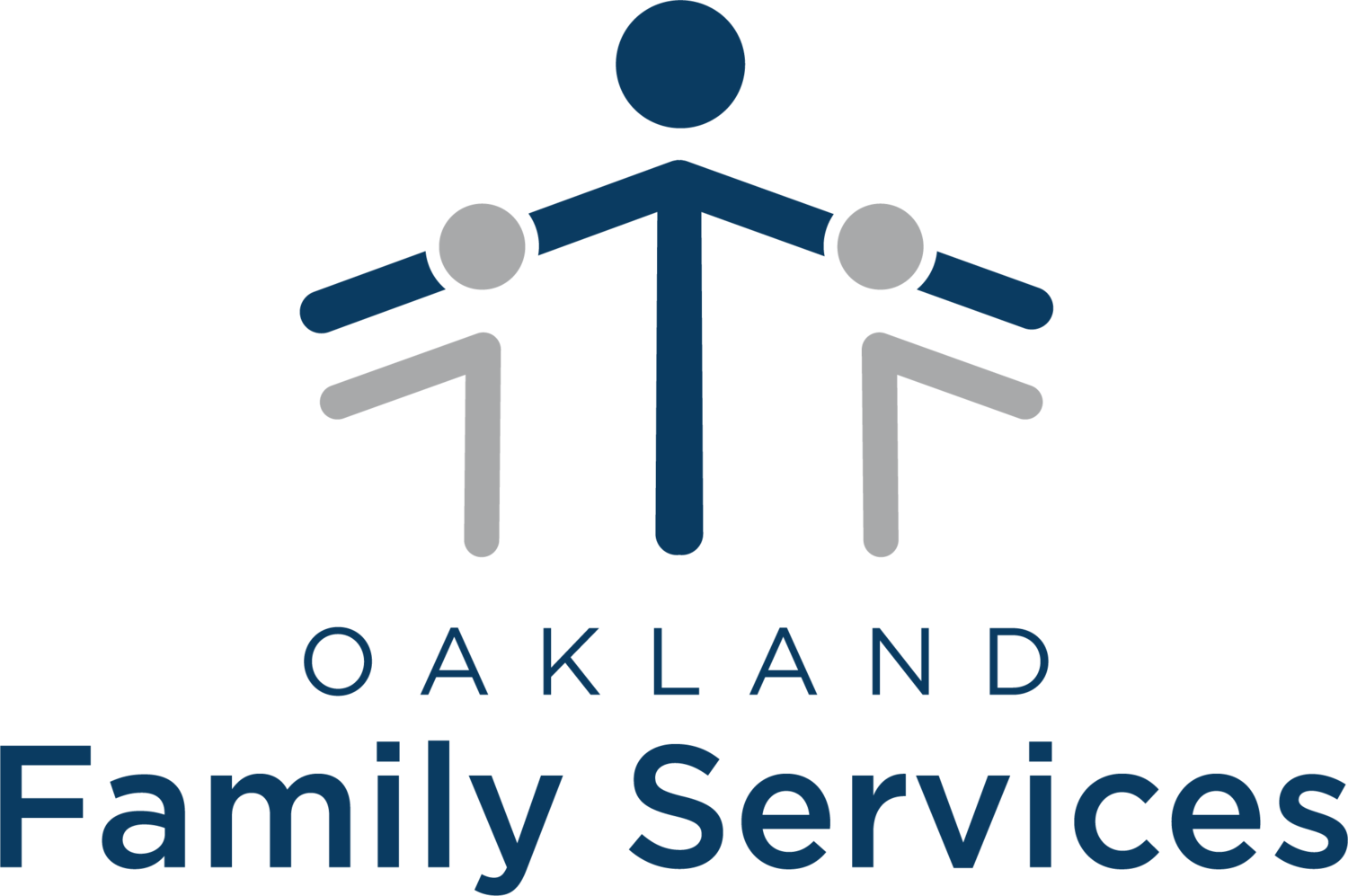Jewish Fund Teen Board funds drug training for Oakland Family Services staff
At a special ceremony in May, the Jewish Fund Teen Board presented Oakland Family Services with funding for training that will increase agency staff's ability to recognize warning signs of alcohol and drug use in adolescents.
The $2,992 check was presented by members of the board, which is collaborative philanthropy group that provides Jewish teens from the Metro Detroit area the opportunity to learn about grantmaking and philanthropy. It is a project of The Jewish Fund.
"Oakland Family Services is so thankful to this incredible group of teens and The Jewish Fund," said Oakland Family Services President & CEO Jaimie Clayton. "They will have a direct impact on other teens in our community by helping to enhance our substance use disorder treatment."
The funding will help Oakland Family Services bring in Ken Krygel, a drug and alcohol recognition expert, to train all behavioral health staff in the Day One and Specialized Services for Youth (SSY) programs on the current trends in adolescent drug use. Krygel is a retired Detroit Police Officer and prevention worker. Unlike a typical lecture style training, Krygel brings a large assortment of drugs, drug paraphernalia and other household products which could be more than what meets the eye.
"He will provide our staff with a comprehensive training which will increase their awareness as well as arm them with tools that they can provide to parents," said Erika Alexander director of Day One. "This hands-on style of learning is eye opening."
Following the training, the directors of SSY and Day One will lead the teams in small group discussion. Additionally, this funding will allow for the purchase of some professional materials for use with youth treated by the agency.
In 2017-2018, more than 50 Jewish Fund Teen Board members, representing 13 high schools and 14 congregations, granted a total of $100,000. The grant presented to Oakland Family Services fell under a focus area identified by the teens as important -- substance abuse. They also supported nonprofits doing work under the focus areas of economic hardship. older adults and domestic violence.

